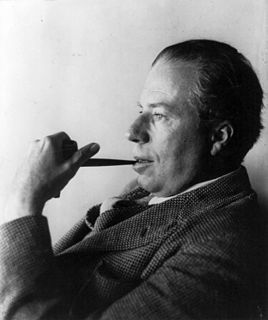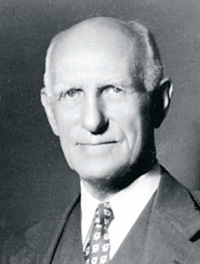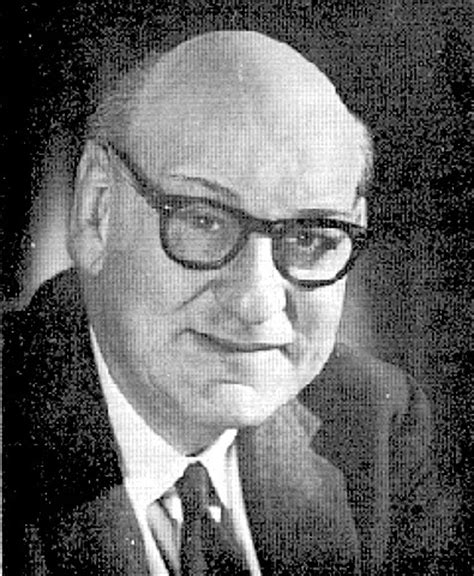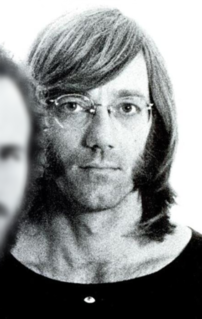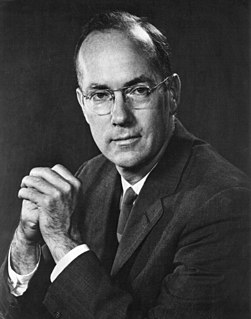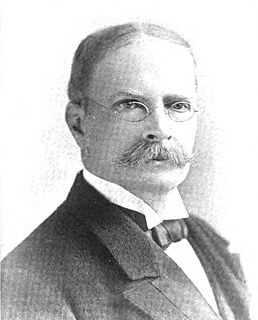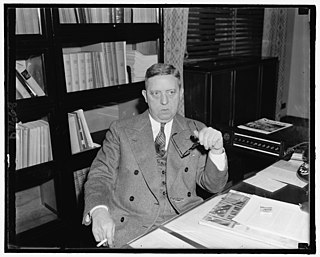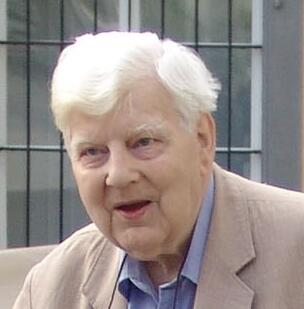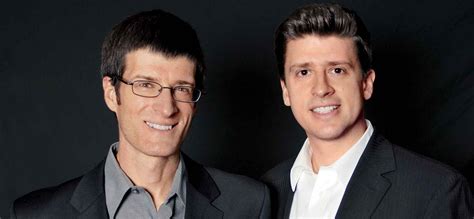Top 1200 Thoughts And Ideas Quotes & Sayings - Page 20
Explore popular Thoughts And Ideas quotes.
Last updated on November 26, 2024.
I suppose that Paderewski can play superbly, if not quite at his best, while his thoughts wander to the other end of the world, orpossibly busy themselves with a computation of the receipts as he gazes out across the auditorium. I know a great actor, a master technician, can let his thoughts play truant from the scene.
All during the day, in the chinks of time between the things we find ourselves obliged to do, there are the moments when our minds ask: 'What next?' In these chinks of time, ask Him: 'Lord, think Thy thoughts in my mind. What is on Thy mind for me to do now?' When we ask Christ, 'What next?' we tune in and give Him a chance to pour His ideas through our enkindled imagination. If we persist, it becomes a habit.
Somebody who sticks to his guns can be called a stubborn person or a principled person, it depends on whether you like his ideas or not. You can call somebody whose ideas you don't like an ideologist or a person of ideas. You can call somebody whose actions you don't like a pragmatist if you like them, or an opportunist if you don't.
You are meant to judge physical reality. You are meant to realize that it is a materialization of your thoughts and feelings and images, that the inner self forms that world. In your terms, you cannot be allowed to go into other dimensions until you have learned the great power of your thoughts and subjective feelings.
All I'm arguing for really is that we should have a conversation where the best ideas really thrive, where there's no taboo against criticizing bad ideas, and where everyone who shows up, in order to get their ideas entertained, has to meet some obvious burdens of intellectual rigor and self-criticism and honesty-and when people fail to do that, we are free to stop listening to them. What religion has had up until this moment is a different set of rules that apply only to it, which is you have to respect my religious certainty even though I'm telling you I arrived at it irrationally.
We cannot control the way people interpret our ideas or thoughts, but we can control the words and tones we choose to convey them. Peace is built on understanding, and wars are built on misunderstandings. Never underestimate the power of a single word, and never recklessly throw around words. One wrong word, or misinterpreted word, can change the meaning of an entire sentence - and even start a war. And one right word, or one kind word, can grant you the heavens and open doors.
Each of us plays four roles in relation to the brain. We lead, we inspire, we invent, and we use it. Most people do not actively use their brains. They passively let their feelings and thoughts control their lives. They don't invent new ways to use their brains, either, settling instead for the same routine and repetitive thoughts every day. But if you master all four roles, you create your super brain. When you are the active observer of your feelings and thoughts, you become the user of your brain. Your super brain then serves you, not vice versa.
You see these dictators on their pedestals, surrounded by the bayonets of their soldiers and the truncheons of their police ... yet in their hearts there is unspoken fear. They are afraid of words and thoughts: words spoken abroad, thoughts stirring at home -- all the more powerful because forbidden -- terrify them. A little mouse of thought appears in the room, and even the mightiest potentates are thrown into panic.
Philosophy attempts, not to discover new truths about the world, but to gain a clear view of what we already know and believe about it. That depends upon attaining a more explicit grasp of the structure of our thoughts; and that in turn on discovering how to give a systematic account of the working of language, the medium in which we express our thoughts.
I would say I was a philosophical boy. Thoughts about 'identical stones' are the earliest philosophical thoughts I remember. But when I was a teenager I also thought about the more typical philosophical problems teenagers think about: the existence of god, the objectivity of morality, whether one can know that the external world exists.
The common people do not accurately adapt their thoughts to objects; nor, secondly, do they accurately adapt their words to their thoughts; they do not mean to lie; but, taking no pains to be exact, they give you very false accounts. A great part of their language is proverbial; if anything rocks at all, they say it rocks like a cradle; and in this way they go on.
Civilization can only revive when there shall come into being in a number of individuals a new tone of mind independent of the one prevalent among the crowd and in opposition to it. A new public opinion must be created privately and unobtrusively. The existing one is maintained by the press, by propaganda, by organization, and by financial influences which are at its disposal. The unnatural way of spreading ideas must be opposed by the natural one, which goes from man to man and relies solely on the truth of the thoughts and the hearer's receptiveness of new truth.
Your beliefs and thoughts are wired into your biology. They become your cells, tissues, and organs. There’s no supplement, no diet, no medicine, and no exercise regimen that can compare with the power of your thoughts and beliefs. That’s the very first place you need to look when anything goes wrong with your body.
The library will endure; it is the universe... We walk the corridors, searching the shelves and rearranging them, looking for lines of meaning amid leagues of cacophony and incoherence, reading the history of the past and of the future, collecting our thoughts and collecting the thoughts of others, and every so often glimpsing mirrors, in which we may recognize creatures of the information.
It is not necessary for a preacher to express all his thoughts in one sermon. A preacher should have three principles: first, to make a good beginning, and not spend time with many words before coming to the point; secondly, to say that which belongs to the subject in chief, and avoid strange and foreign thoughts; thirdly, to stop at the proper time.






